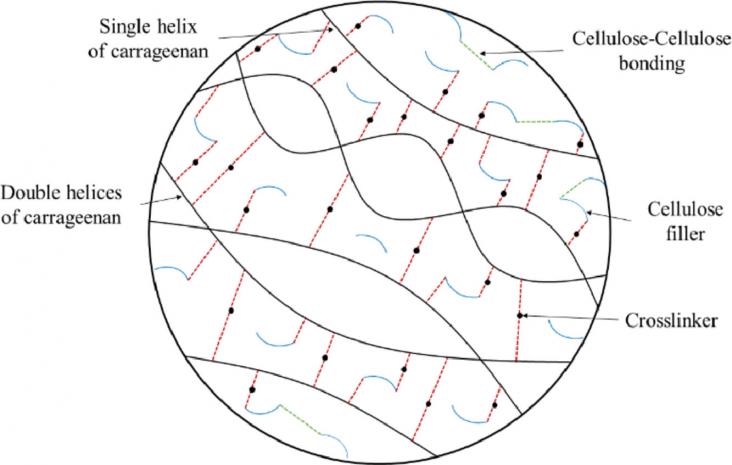This study supports SDG 3 by investigating the association between increasing the quality of primary health care in Brazil, with highly-skilled health professionals and integrated community health workers, and reductions in hospitalisations and mortality. These findings suggest that high quality, multidisciplinary primary health care remains essential to strengthening health systems in both high-income countries and in low-income and middle-income countries.
This study supports SDG 3 and 10 by analysing the association between income inequality and more than 60 outcomes of non-communicable diseases in Brazil. These findings emphasise the importance of addressing wider social determinants of health and the synergistic benefits of tackling inequalities.
An article on the preclinical phase of Alzheimer's disease, in the context of SDG 3, focusing specifically on the downregulation of interferon signalling activity as a pre-disease biomarker.
Average age at death is younger for intellectual and developmental disabled adults. This disparity is more pronounced among all racial-ethnic minorities. Racial-ethnic inequities are most severe among adults with cerebral palsy.
The paper presents policy responses to the pandemic that illustrate how the crisis has opened opportunities for initiating changes that can lead to a more just food system.

This Comment article supports SDG 3, 13, and 17 by advocating the creation of a new model of multilateral governance on the basis of the experience gained in two other areas of global public goods governance—climate change and biodiversity.
Factors that influence the risk of neurocognitive decline and Alzheimer's disease (AD) may provide insight into therapies for both disease treatment and prevention. Although age is the most striking risk factor for AD, it is notable that the prevalence of AD is higher in women, representing two-thirds of case. The role of estrogen replacement therapy in reducing the risk of cognitive decline as well as dementia-related morbidity and mortality remains an active area of research. This perspective presents a testable working model of estrogen's relation to cognition with novel effect modifiers, including the degree of cholinergic dysfunction and the availability of choline from endogenous and exogenous sources. It also shows novel routes of investigation related to estrogen replacement and its interactions with menopausal timing, cholinergic signaling, and the influence of the endogenous (i.e., common PEMT variants) and exogenous (i.e., dietary) choline supply on cognitive function and risk of age-related cognitive decline and dementia.
A good paper looking into water quality in Kenya and how water companies needs to improve on the water quality chemically by adjusting the Calcium and Alkalinity concentration

A News article on the unfolding health and humanitarian crisis due to the conflict in Ukraine, in the context of SDGs 3 and 16, focusing specifically on the health of displaced citizens.

